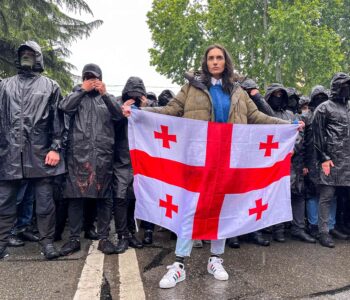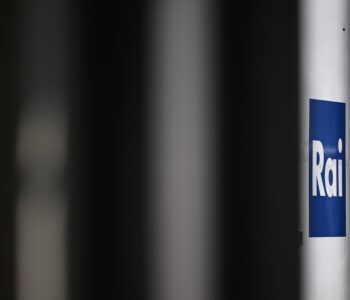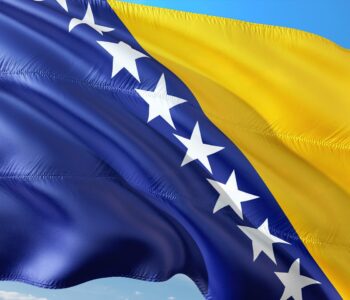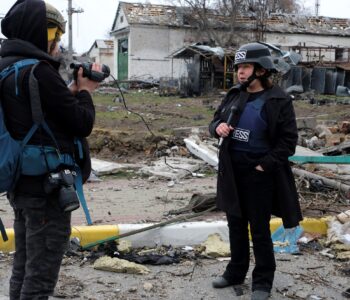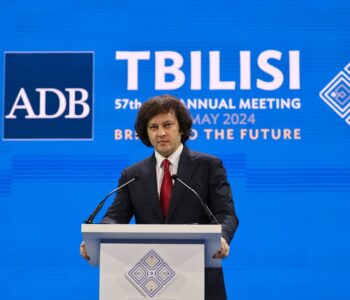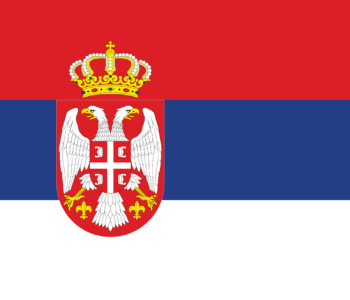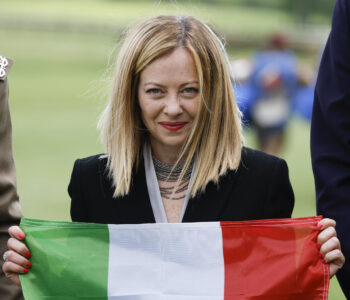 Library
Library
Death threats to editorial of weekly magazine Nacional in…
Death threats to editorial of weekly magazine Nacional in Croatia
The editorial office of the weekly magazine Nacional received death threats in an SMS message on Monday, 20 May 2024. The SafeJournalists Network and The Media Freedom Rapid Response (MFRR) partners are calling on the relevant institutions in Croatia to immediately respond, find, and prosecute the perpetrator.
The message sent to Nacional’s official phone contained the following text: “You and those like you carried out the attempted assassination of Prime Minister Fico by writing half-truths, lies, and inciting against people who are doing their jobs just to make money. Your triple informant paid for it with his life, and soon all the editors of the ‘axis of evil’ will too. We are waiting for the moment to catch as many of you together as possible so that we don’t waste explosives on just one scavenger. The surviving vultures will start writing the truth and only the truth, not lying, inventing, and writing in order just to collect money. We are watching you, and getting more than two will be a success, so write your wills….”
The Nacional editorial staff immediately reported the threat to the police and informed the Minister of the Interior, Davor Božinović. This threat is particularly alarming as it echoes the tragic story of Nacional’s owner and editor, Ivo Pukanić, and marketing director, Niko Franjić, who were killed in a bomb attack in Zagreb on 23 October 2008. “This threat is serious. You mentioned explosives. It is impossible not to think of our colleagues who were killed in a bomb assassination described by the state attorney as the most violent attack in modern Croatian history. But we will not let the threats affect our work,” editor-in-chief Berislav Jelinić told the EFJ. Jelinić has been under police protection for five years, from 2008 to 2013 due to threats linked with the tobacco mafia linked with the killing of his colleagues in 2008. He has even been the target of two assassination attempts. The threat of death, already worrying, takes on an even more frightening dimension in this highly charged context.
Hrvoje Zovko, president of the Croatian Journalists’ Association (CJA), stated: “For the Croatian Journalists’ Association, this is a direct threat not only to the safety of our colleagues from Nacional, whom we support but also a direct attack on media freedom. I will just remind you that Prime Minister Andrej Plenković, a little over a month ago, dangerously labeled several media outlets, including Nacional, as the ‘axis of evil.’ I also remind you of the open threats from the leaders of the “Domovinski pokret” directed at the editorial office of the weekly Novosti and the entire journalistic community, practically marking the media as enemies of the state,” Zovko emphasized.
The SafeJournalists network and MFRR partners are calling on the relevant institutions in Croatia to conduct a thorough investigation and bring the perpetrator of the death threat to justice. Such incidents represent a serious attack on media freedom and further endanger the safety of journalists working in increasingly difficult conditions daily. It is necessary to ensure that all journalists can do their jobs without fear of violence and threats, and it is therefore crucial that the relevant institutions demonstrate determination in protecting media freedoms. Organisations also call on authorities to stop targeting the media, as their inflammatory rhetoric encourages individuals and groups to threaten journalists.
We call on the authorities to provide meaningful support to journalists’ safety.
This statement was coordinated by the Media Freedom Rapid Response (MFRR), a Europe-wide mechanism which tracks, monitors and responds to violations of press and media freedom in EU Member States and Candidate Countries.

